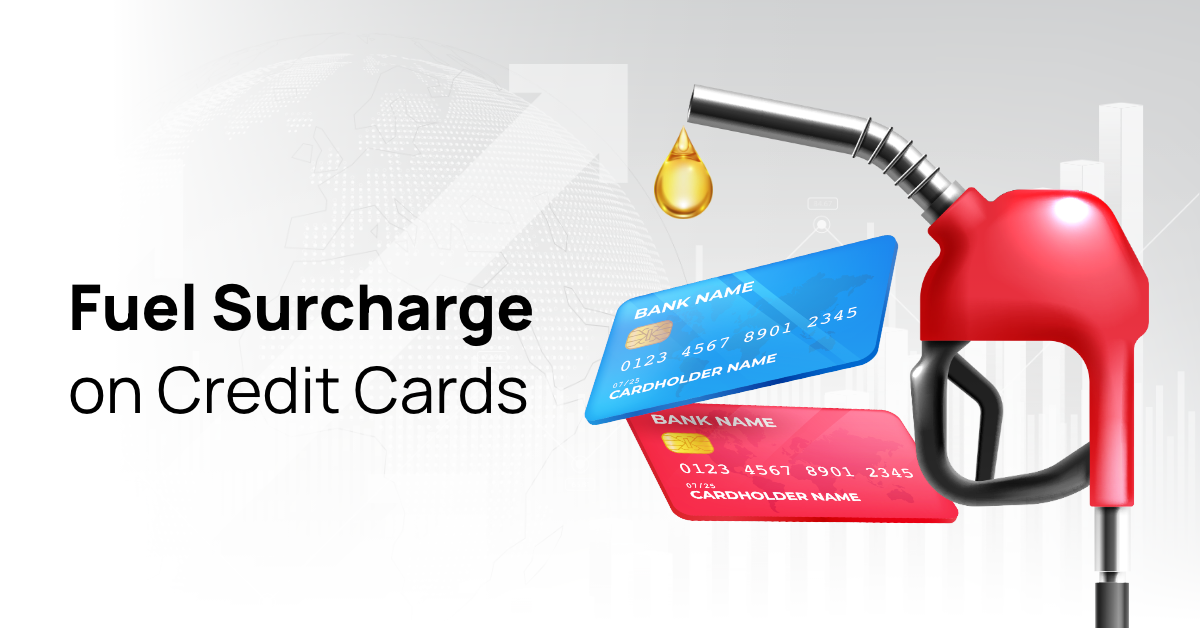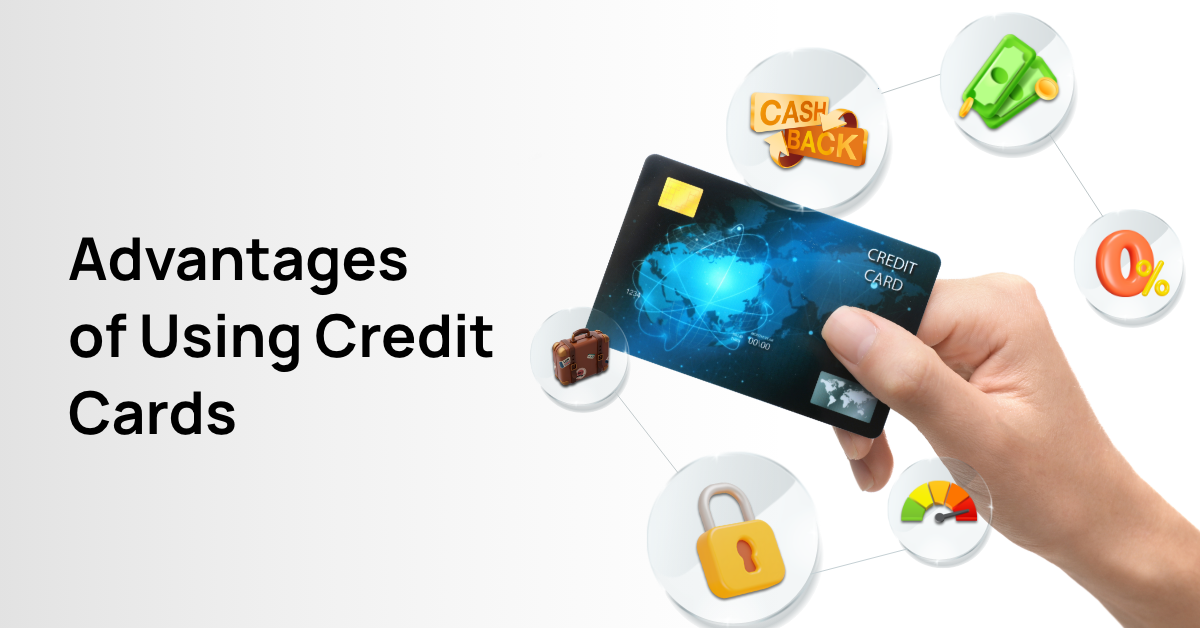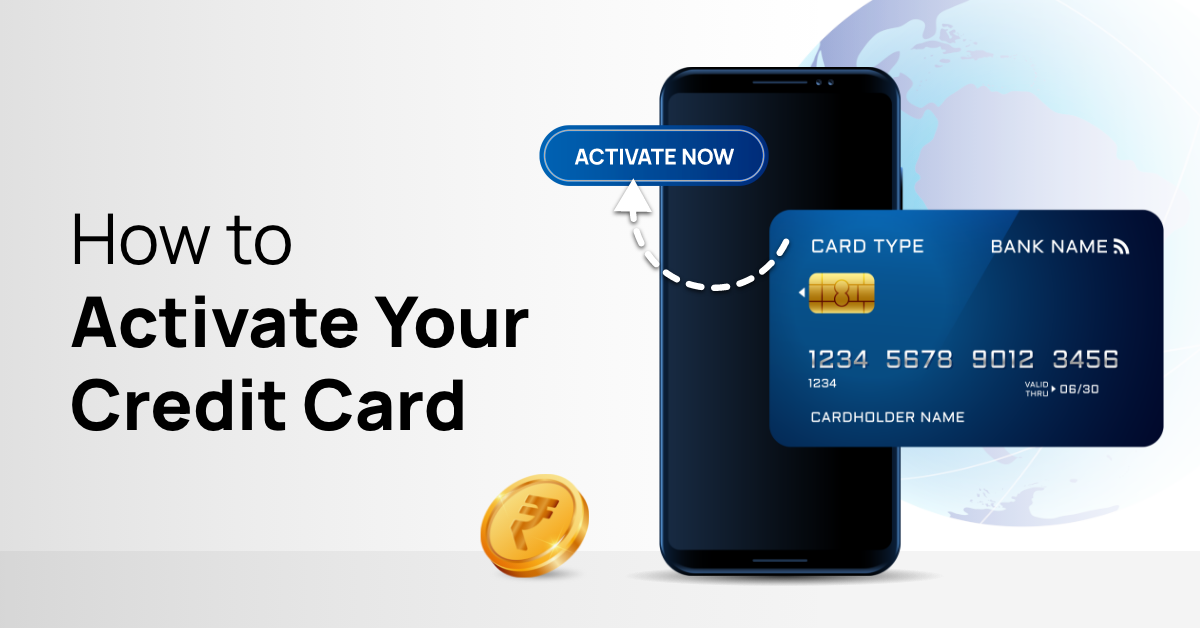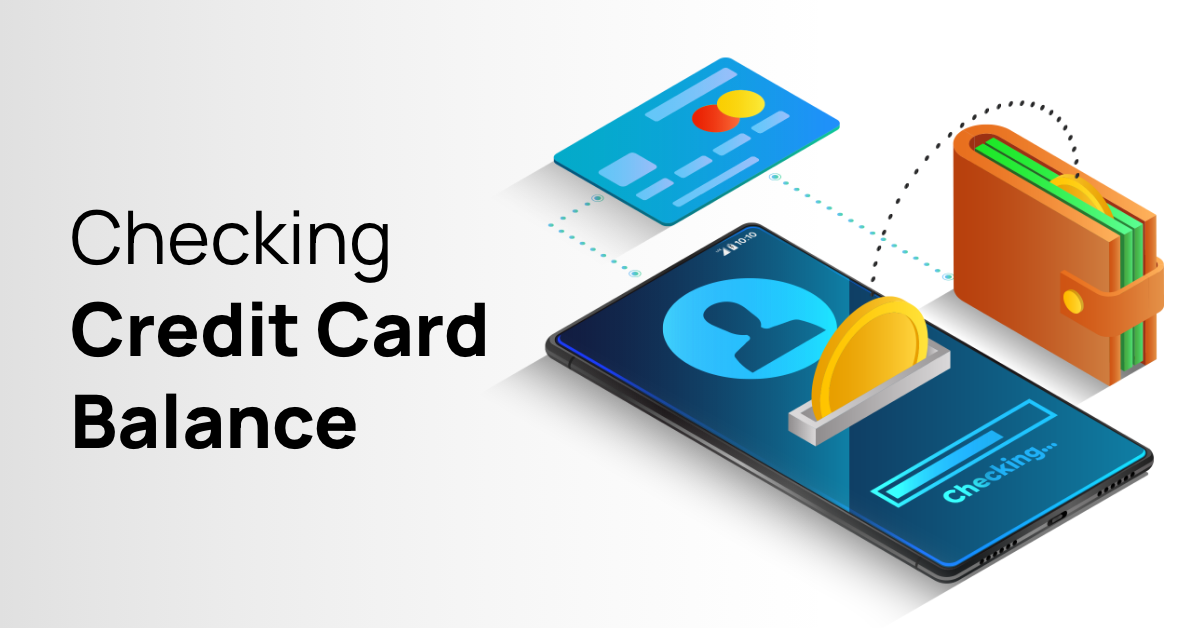What is Fuel Surcharge Waiver in Credit Card & How Does It Work?
By OneCard | November 15, 2023

Using a credit card or a debit card may be very convenient for making daily purchases, including paying for fuel. However, when using cards, there is also a fuel surcharge that is collected by your credit card issuer, which may seem like a burden if you regularly fuel up.
If you are new to credit cards, or want to know more about fuel surcharges rate on credit card, this blog is perfect for you. Understand the concept of fuel surcharge in detail, how it is calculated, ways to avoid it, and the benefits of getting a credit card with a fuel surcharge waiver.
Table of contents:
What is a Fuel Surcharge?
A fuel surcharge is an additional fee imposed by fuel companies on transactions made at fuel stations. It is a percentage of the total fuel purchase amount and is designed to cover the costs related to rising fuel prices. Fuel surcharge is applicable when using a credit card or a debit card at a fuel station. The issuing banks collect the surcharge and may waive it off for the customer if the card has a waiver feature.
How is a Fuel Surcharge Calculated?
Calculating fuel surcharges on credit cards in India follows a similar method as in other regions worldwide. The calculation involves applying a percentage to the fuel transaction amount. However, it’s important to note that specific rates and mechanisms may vary among different credit card issuers and fuel stations in India.
In India, fuel surcharges on credit cards are often set at a fixed percentage, commonly ranging from 1% to 1.7% of the total fuel purchase. Different credit cards offer varying fuel surcharge waivers as part of their benefits. Hence, exploring different credit card options and specific offerings is essential.
How to Avoid a Fuel Surcharge
While fuel surcharges are a common occurrence, there are ways to minimise or even avoid them. You can consider the following pointers:
● Look for credit cards that offer fuel surcharge waivers. E.g., with OneCard, you can avail a fuel surcharge waiver benefit up to Rs. 400 every month.
● You may also opt for fuel-specific credit cards that provide benefits such as cashbacks or reward points on fuel purchases.
What is a Fuel Surcharge Waiver on a credit card?
A fuel surcharge waiver on a credit card refers to the exemption or reduction of the fuel surcharge fee. Unlike interest charges or annual fees, fuel surcharge waivers are specific to fuel transactions made using a credit card. You can save on fuel-related expenses and enjoy certain privileges when refuelling with your One Credit Card as well.
What is a Fuel Surcharge Waiver Cap?
A fuel surcharge waiver cap refers to the maximum limit imposed on the amount of fuel surcharge that can be waived on a credit card. However, being aware of your credit card’s fuel surcharge waiver cap is crucial to managing your fuel-related expenses effectively.
How Can You Get a Fuel Surcharge Waiver with a credit card?
Here are some ways to obtain a fuel surcharge waiver on credit card:
● Research and choose credit cards that offer fuel surcharge waivers as a card benefit.
● Understand the terms and conditions of the credit card to determine your eligibility for the waiver.
● Utilise your credit card for fuel purchases at partner petrol stations that provide fuel surcharge waivers.
● Meet the spending requirements or usage thresholds specified by your credit card issuer to qualify for the waiver.
With a One Credit Card, you get 5X reward points on your top 2 spending categories for the month. If fuel ranks among your top 2 spends for a particular month, you’ll get 5X reward points on it along with the benefit of a fuel surcharge waiver on credit card.
FAQs on Fuel Surcharge Waiver on credit cards
Is the fuel surcharge applicable on credit cards?
Yes, fuel surcharges are applicable on credit cards when used for fuel purchases.What Is Fuel Surcharge Rate on Credit Card?
It’s a fee that credit card companies impose on customers for transactions at petrol stations. This fee is generally minor, typically between 1% and 2% of the total fuel cost.What is a 1% fuel surcharge waiver on a credit card?
If a 1% fuel surcharge is applied to a credit card transaction, you will get a waiver on the same up to the limit specified by the credit card issuer. In the case of OneCard, you can enjoy waivers up to Rs. 400 per month.What is a fuel surcharge fee?
A fuel surcharge fee is an additional charge imposed by credit card issuers for fuel transactions made using a credit card.Are fuel surcharges refundable?
Fuel surcharges are non-refundable as they are intended to cover costs associated with fuel prices and processing fuel-related transactions. However, if your credit card offers a fuel surcharge waiver, you will get the same as a refund.What is a petrol surcharge waiver on a credit card?
A petrol surcharge waiver on a credit card is the exemption or reduction of the fuel surcharge fee specifically for petrol or diesel transactions made with a credit card.How can I check if my credit card offers a fuel surcharge waiver in India?
You can refer to the credit card issuer's website, terms and conditions, or contact customer service to determine if your credit card offers a fuel surcharge waiver in India. Can I earn rewards or cashback on fuel transactions with my credit card in India? Yes, certain credit cards in India, like OneCard, offer rewards even on fuel transactions. However, some fuel credit cards may not offer rewards or cashback on fuel transactions. It's advisable to check the terms and conditions of your credit card to understand the specific benefits and rewards associated with fuel purchases.**Disclaimer: The information provided in this webpage does not, and is not intended to, constitute any kind of advice; instead, all the information available here is for general informational purposes only. FPL Technologies Private Limited and the author shall not be responsible for any direct/indirect/damages/loss incurred by the reader for making any decision based on the contents and information. Please consult your advisor before making any decision.

Credit Card Benefits - Advantages & Disadvantages of Credit Cards




Sharing is caring 😉